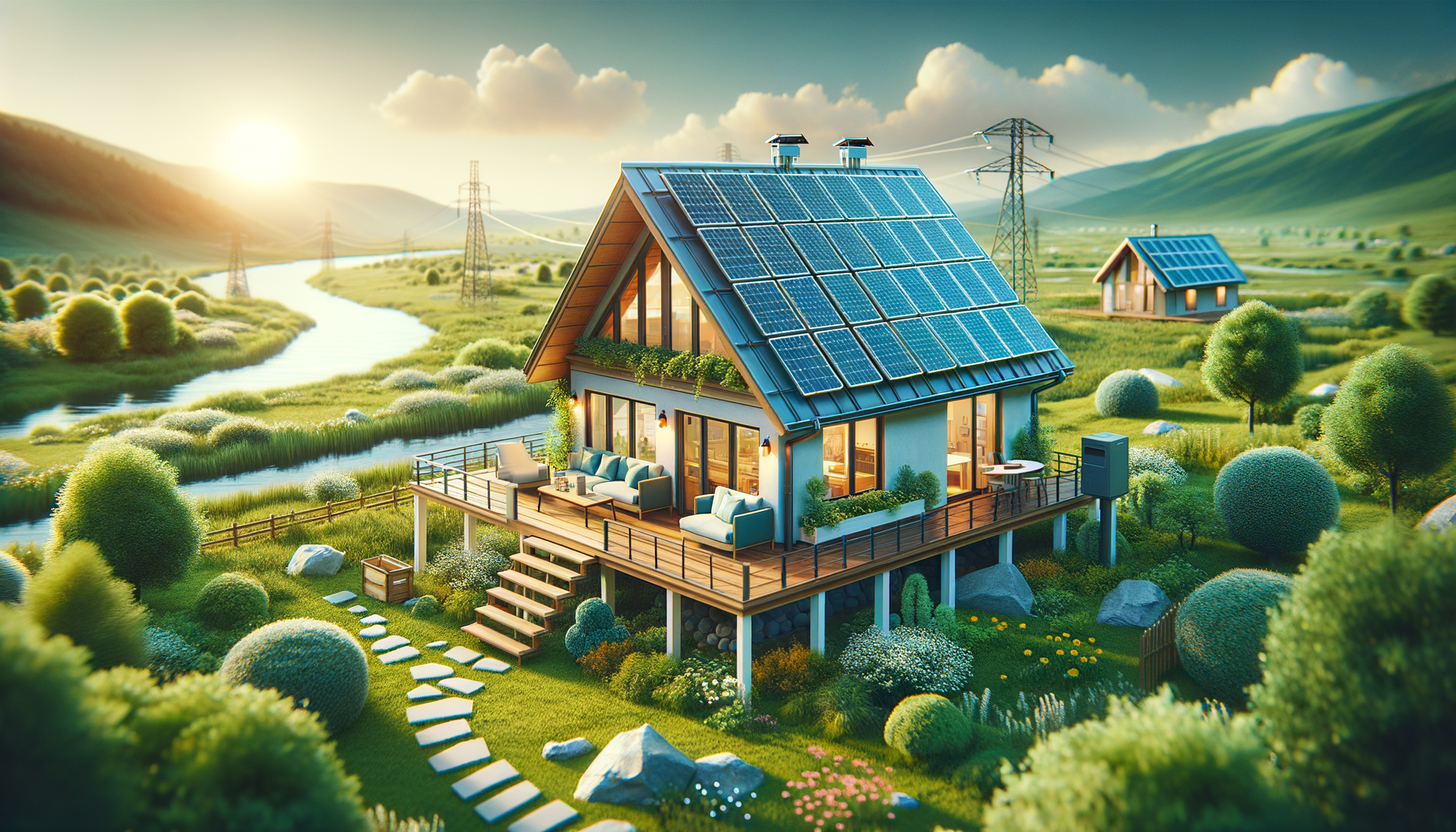How Much Energy Does a 6.6 kW Solar System Produce?

Updated 4 months ago
How Much Energy Does a 6.6 kW Solar System Produce?
The shift towards green energy has seen a significant rise in the installation of residential solar panel systems. A popular choice for many households is a 6.6 kilowatt (kW) solar system, which represents a balance between size and affordability. But how much energy can a system like this produce, and how does that translate into real-world benefits for homeowners? Let's delve into the details.
The Potential of a 6.6 kW Solar System
A 6.6 kW solar system comprises an array of photovoltaic (PV) panels that convert sunlight into electrical energy. The energy production of this system is influenced by various factors including geographic location, panel orientation, and local climate.
On average, a 6.6 kW solar system generates between 24 to 30 kilowatt-hours (kWh) per day. Annually, this amounts to approximately 8,760 - 10,950 kWh. In simpler terms, this could be enough to power a typical American household's electricity use for a year.
Factors Affecting Energy Production
Several elements can impact the energy yield of your 6.6 kW solar system:
-
Sunlight Hours: The number of peak sunlight hours in your area is crucial. Regions closer to the equator tend to have more peak sun hours, enhancing production.
-
Panel Orientation and Tilt: Optimum orientation (usually true south in the Northern Hemisphere) and tilt can maximize sunlight exposure.
-
Weather Conditions: Frequent cloudy or rainy days can reduce the system's effectiveness.
-
Seasonal Changes: Solar production peaks during the summer and decreases during the winter because of the changes in the sun's position and day length.
Estimating Your Solar System's Output
Calculating the exact energy output for your solar system can be complex, but you don't have to do it alone.
The Financial Benefits
Beyond just contributing to a greener planet, producing your energy with solar panels can lead to significant financial benefits. You'll likely see a reduction in monthly electricity bills, and in some areas, you may even be able to sell surplus energy back to the grid through net metering programs.
Understanding Solar Payback Period
The solar payback period is the time it takes to recoup your investment through savings on your electricity bill. A 6.6 kW system typically has a payback period of 5 to 8 years, depending on the cost of installation, available incentives, and energy production.
Incentives and Rebates
To make solar more accessible, there are often various federal, state, and local incentives available. These can include tax credits, rebates, and subsidized financing options that can significantly lower the upfront costs.
Maximizing Your System's Efficacy
To ensure your solar system is working at peak efficiency, here's what you can do:
-
Regular Maintenance: Keeping panels clean and free from obstructions like fallen leaves can prevent reductions in output.
-
System Monitoring: Use of smart monitoring technology can alert you to any issues with your system, allowing for prompt repairs.
-
Battery Storage: Pair your system with a solar battery to store excess energy for use during low production periods or outages.
Conclusion: Understanding Your Solar Potential
Capturing the power of the sun with a 6.6 kW solar system offers numerous benefits, including reducing your carbon footprint and providing long-term financial savings.
Are you considering harnessing the wealth of energy from the sun? Use our easy-to-use solar estimate calculator to better understand the potential savings your home or business could enjoy. Just input your zip code and let us guide you on your journey towards clean and cost-effective energy.
By making this solar leap, you'll not only be investing in your home's future but also taking a significant step towards a sustainable tomorrow.
Explore More About Solar Energy
Whether you're looking to reduce your energy bills, achieve energy independence, or contribute to environmental conservation, understanding how much energy a solar system can produce is the first step in your solar journey.




